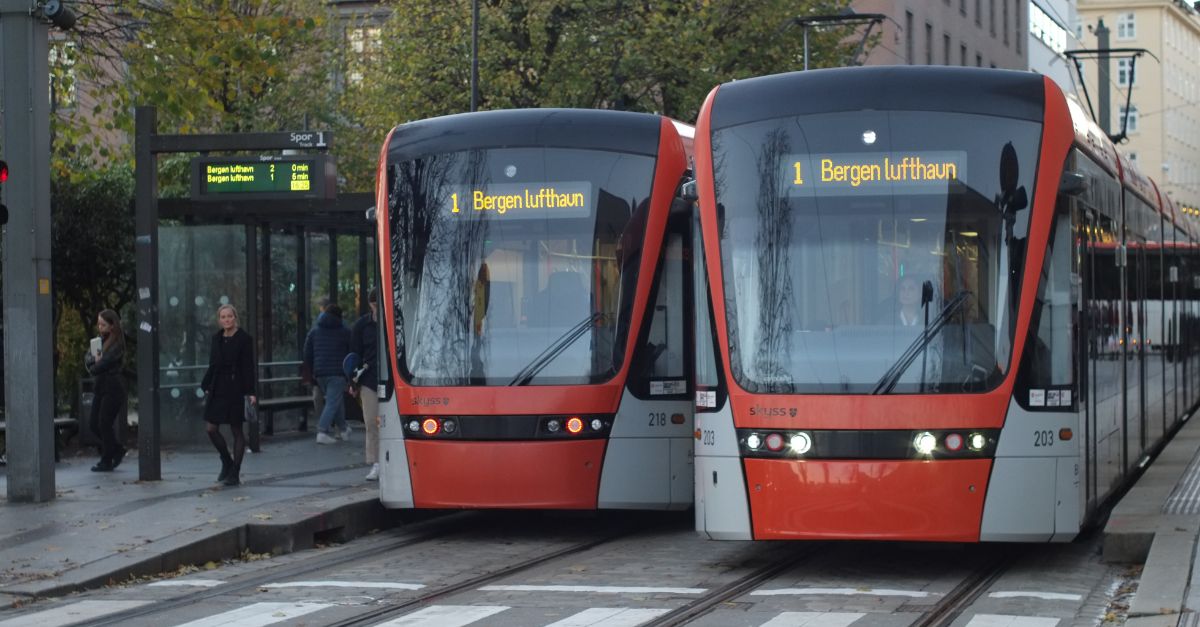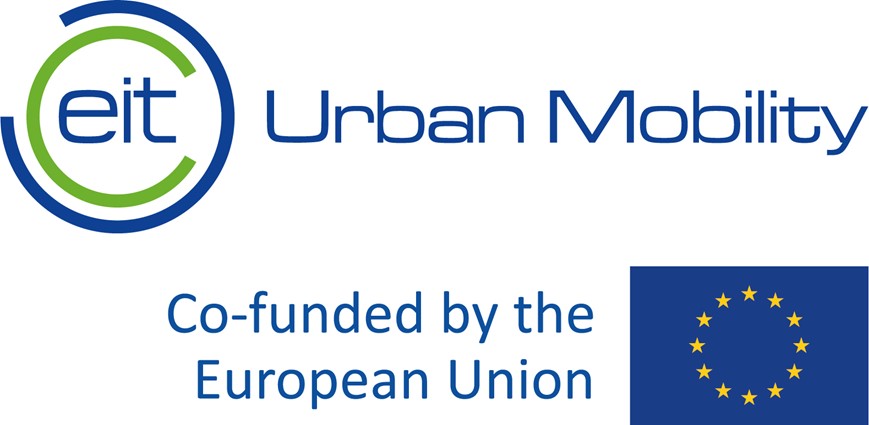New course! Sustainable infrastructure planning

The IPCC, OECD, many researchers as well as many countries have concluded that a future based on increasing road traffic is not in line with climate objectives and the 2030 Agenda of sustainability. However, infrastructure planning on national and regional level in most European countries is still based on a forecast of increasing road traffic. This online course will provide knowledge about an alternative way, considering target-oriented sustainable infrastructure planning.
The course brings together best practice examples and proven examples from the most advanced countries in Europe.
Course content
The course includes three online sessions December 12 (2024), January 22 and February 13 (2025) (for time and duration see ”Agenda”). The sessions include lectures and exercises including out-of-class exercises or reading. Every session also includes guest speakers from countries in Europe who already have national goals to reduce car traffic.
The topics for the three sessions will be:
- How to establish a common vision (challenges, national framework goals as basis for policies and planning)
- Methods for selecting the infrastructure investments that best contribute to and align with the vision
- The importance of horizontal and vertical collaboration (between national, regional and municipal level) to collectively achieve the vision
The sessions will use real case studies to broaden perspectives and to illustrate difficulties and barriers and how they can be overcome, which will be useful for the participants when implementing the knowledge back home.
An important outcome of the course will be the opportunity for the participants to network at the course and establish new contacts. We are convinced that this will be very useful for future sharing of experiences and continuous learning.
Course leaders
The course will be led by Håkan Johansson who has nearly 30 years’ experience in transport infrastructure planning and climate mitigation of the transport sector. He has been involved in several projects within the Swedish Transport Administration and in cooperation with other authorities, within the country as well as with other countries in Europe (for example within CEDR).
Dr Emma Lund is a political scientist with a PhD in climate policy from Lund University. Emma is Head of Research at Trivector, and has extensive experience of working with strategic issues linked to climate transition in the transport sector both as a researcher and consultant.
Dr John Odhage is a planner with a PhD in Planning and Decision Analysis from Royal Technical Institute of Stockholm and has experience in both project management in public transport infrastructure development as in research on strategic transport planning processes at a regional level.
Guest speakers
Guest speakers from countries at the forefront of target-oriented planning and horizontal collaboration will share their experiences in the sessions:
Stephen Cragg, MSc, CTPP, Transport Scotland
Stephen is a Chartered Transport Planner working for Transport Scotland, the national transport agency of the Scottish Government. As Head of Model Development in the agency, Stephen was involved in identifying the need for and setting of a quantified car reduction policy ambition for Scotland.
Emeritus Professor John Parkin, University of the West of England, Bristol
John is emeritus professor of transport engineering at the University of the West of England, Bristol. He has been involved in all stages of the promotion of transport schemes including policy formulation, modelling and forecasting, operational analysis and economic appraisal, design and construction, and evaluation. He was a member of the Welsh Government’s Roads Review Panel that reviewed road schemes already under development against new policy commitments set by the Government and made recommendations about what investment in road infrastructure is appropriate in future.
Ing. Holger Heinfellner, BSc, Environment Agency Austria
Holger has been working as a mobility expert at the Environment Agency Austria since 2014, where he took the position of the Head of Expert Team Mobility in December 2019. He deals with various aspects of the mobility transition and decarbonization approaches to reach the climate and energy targets. Holger Heinfellner and his team played a key role in the development of Austria’s 2030 Mobility Master Plan. Based on this master plan, Holger Henfellner, together with an interdisciplinary team of authors, wrote a study that led to the closure or cancellation of several road construction projects.
Malin Bismo Lerudsmoen, Senior Advisor, Norwegian Public Roads Administration
Malin works as a consultant in the Norwegian Road Administration (NRA), with national transport in urban areas. She has been working in the NRA since 2012, the last years mainly with Urban Growth Agreements (UGA). UGA is the Norwegian governments most important tool to achieve the zero-growth goal in car traffic for Norway’s largest cities. They are collaborative, mutually committing agreements between local, regional, and national governments, lasting for 10 years at a time. The agreements ensure a common direction for policy and investments in land use and transportation. Malin is part of a team that works with negotiations and the follow up of these agreements.
Who should apply?
The main target audience is planners working at national and regional authorities around Europe responsible for strategic transport infrastructure planning.
After the course, the participants will have a good understanding of target-oriented planning that can be used for infrastructure planning within the framework of sustainability.
Agenda
The three sessions of the course are planned to December 12 (2024), January 22 and February 13 in (2025). Preliminary starting time for the first session is 10 AM and the two other starts at 09.30 AM. The sessions are 5,5 to 6 hours long including breaks. The plan is to hold a second course in the second half of 2025.
This course is sponsored by EIT Urban Mobility
The course, ”Sustainable Infrastructure Planning”, is supported by EIT Urban Mobility, an initiative of the European Institute of Innovation & Technology (EIT), a body of the European Union.

For more information about the course contact
Håkan Johansson, Course coordinator, Senior consultant and researcher sustainable transport
hakan.johansson@trivector.se, +46 10 456 56 79
Emma Lund, Research Manager and Consultant Sustainable Transport
emma.lund@trivector.se, +46 46 10 456 56 30
John Odhage, Senior consultant and researcher sustainable transport
john.odhage@trivector.se, +46 10 456 56 73
Register for the course using this form.
The final registration date is November 18, 2024.
General terms and conditions for course booking
Registration is binding, but if the participant should be unable to attend, it is possible to save their place for a new occasion or give away their place to a colleague. Contact the course coordinator for an agreement.
We reserve the right to cancel or postpone a course if the number of registrations is too small. If the course is cancelled, the full registration fee will be refunded.
Since an important goal of the course is that participants share experiences with each other and form networks after the course, we will prioritize a mixed participation from several different countries and organisations.
You will receive a confirmation email from one of the course leaders when a place has been reserved for you.
Read our general terms and conditions for course booking in full.

